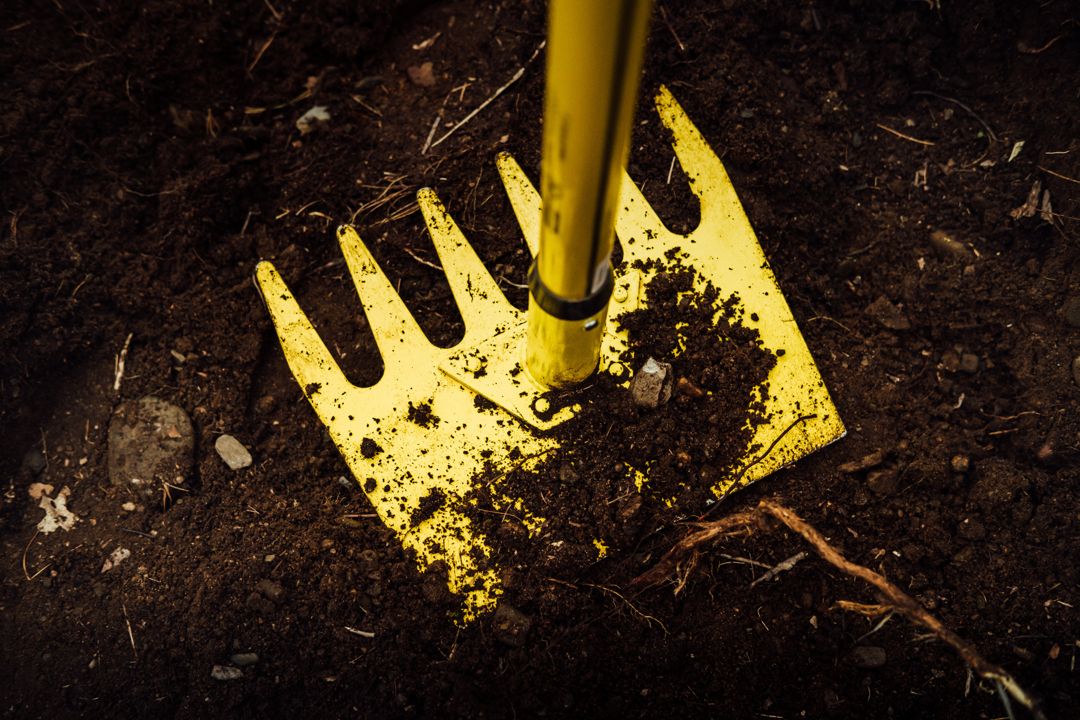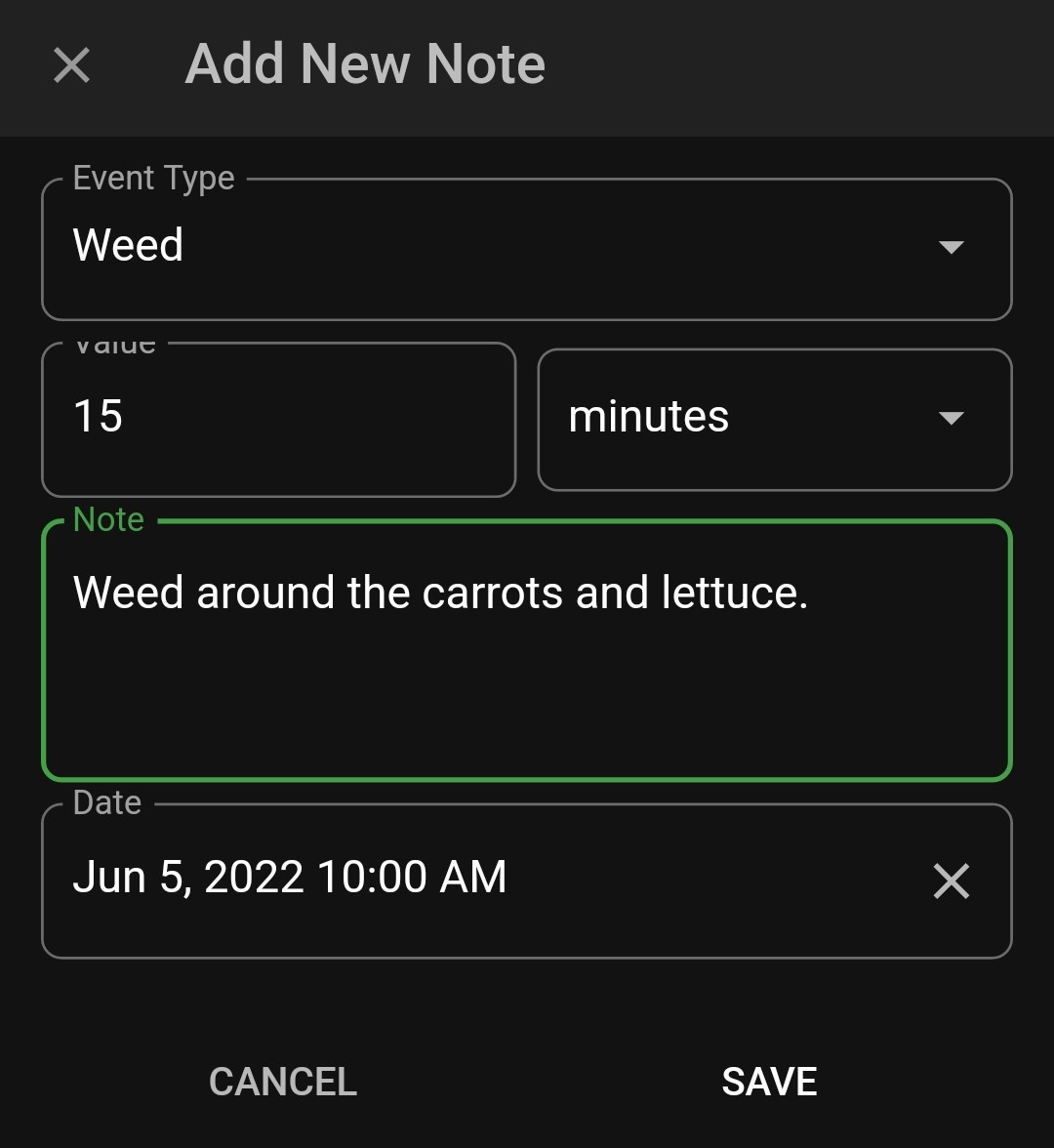Weeds are something that every gardener deals with. If you don’t enjoy weeding (like many gardeners), it can be a challenge to contend with weeds. But weeding doesn’t have to be an all-out struggle; there are smart strategies you can use to keep garden weeds in check.
Why are weeds in the garden ‘bad’?
Weeds aren’t all bad. In nature, weeds cover and reclaim bare soil. They are amazingly well-adapted to grow under the harshest conditions (have you ever seen a weed growing out the tiniest crack in the sidewalk and thought…how?), and they develop living ecosystems in otherwise barren areas.
Weeds can be a problem in the garden, though. They compete with garden plants for sunlight, water, and nutrients. This is especially true for tiny seedlings and some plants, such as carrots, that have a hard time out-growing aggressive weeds. If garden weeds run wild, they can cause heavy losses to potential harvests.
The more weeds there are in or around your garden, the more they can spread by producing seeds or by creeping underground. But if you stay on top of weed prevention and control, it is possible to make a long-lasting dent in your garden weed population.
How to prevent weeds
The saying to keep in mind with garden weeds is: ‘an ounce of prevention is worth a pound of cure’ . The more proactive you can be in preventing weeds, the less time you’ll spend battling it out with them.
Some of the best ways to minimize weeds in the garden include:
Build your garden beds in a way that helps stop weeds from creeping in. Dig a trench around the garden and fill it with wood chips, cover garden edges with woven landscape fabric, or use raised garden beds.
Maintain the areas around your garden beds. If you have grassy or weedy areas around your garden, keep them mowed short so the weeds don’t have a chance to create seed heads that could land in your garden. Laying down wood chips or landscape fabric in garden walkways can help to keep weeds out of the entire area.
When preparing your garden for planting, be sure to remove all weeds either by hand-weeding or by cultivating (scratching) the soil surface with a garden hoe. It’s much easier to weed an empty garden bed than one filled with delicate seedlings and transplants. Avoid deep tilling though; this can cause more weeds to sprout as the seeds get churned up. Some gardeners leave weed remains in their beds, but if you are dealing with major weed pressure it may be best to remove and hot compost them so that any seeds and roots die.

Try to keep your soil as healthy and fertile as possible by adding organic matter such as compost (put all those composted weeds to work!) Healthy soil won’t stop weeds outright, but it will make them easier to pull and give your plants a fighting chance. And be sure to cover your soil with mulch to suppress (or kill) weeds.
Managing weeds in the garden
Despite your best weed-prevention tactics, some weeds will manage to make it into your garden. When they do, there are several options for removing them.
Hand-weeding is labor intensive, but it is the best option for a delicate weeding job, such as around new seedlings, or for tackling a few monster weeds. A hand weeder can be helpful for pulling weeds with long deep roots, or in a pinch use a long-handled screwdriver.
Surface cultivation is efficient for weeding larger areas, but it can be difficult to maneuver around plants to avoid damaging them. It also may not completely remove the deep-rooted weeds, although with regular cultivation they will eventually wither away.
Boiling water can be poured directly onto weeds to kill them, but don’t use boiling water anywhere near your plants. This method is best used for targeting larger weeds, rather than boiling your entire garden bed!
For weeds away
Persistence is the key to keeping weeding manageable. Use the Notes and Events Premium features in Planter to keep track of which garden areas have been weeded and which are due for maintenance!

Weeds can wreak havoc in the garden, but it is possible to manage them. Take steps to prevent weeds from proliferating, and weeding your garden will be only an occasional, painless task!
